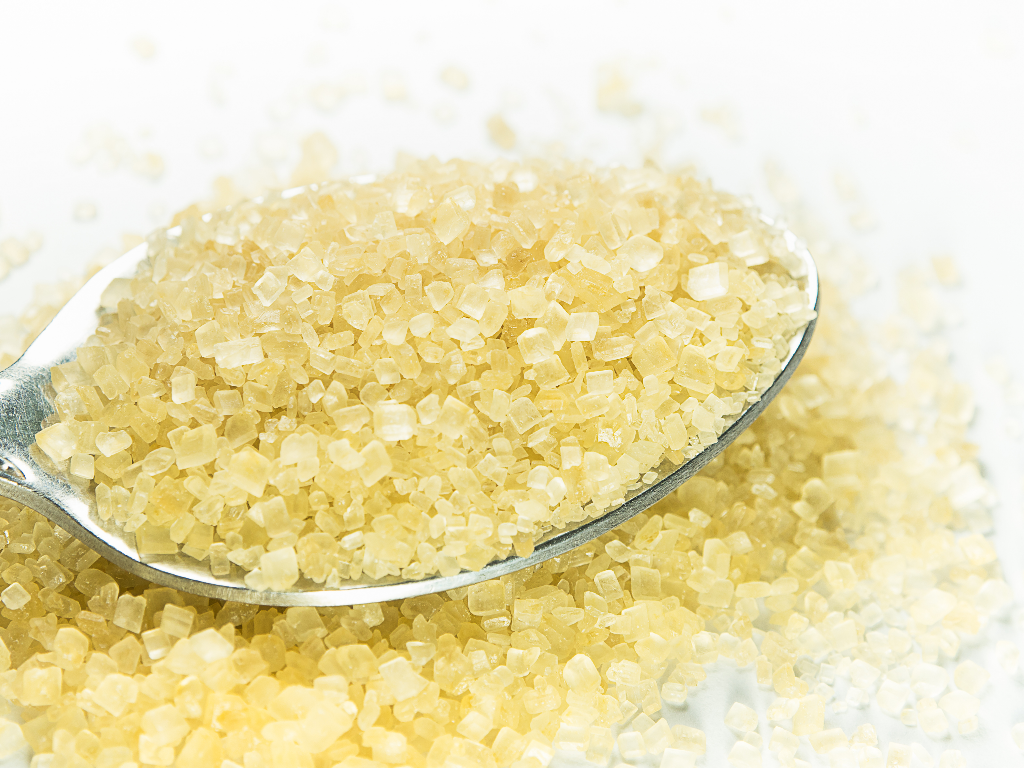When we think of sugar production, sugarcane often comes to mind as the dominant source. However, the world of sweet alternatives is vast, encompassing a variety of high-value sugar crops that offer unique flavors, production methods, and sustainability benefits. While sugarcane remains a significant player, let us delve into the realm of other high-value sugar crops, showcasing their versatility and contribution to diverse industries.
-
Sugar Beet: Unveiling the Hidden Sweetness - Sugar beet, a root crop widely cultivated across the globe, deserves recognition as a major sugar source. The sucrose-rich roots of sugar beets are extracted and processed to obtain sugar. Similar to cane sugar, beet sugar finds its way into countless food and beverage products, providing a reliable alternative to sugarcane.
-
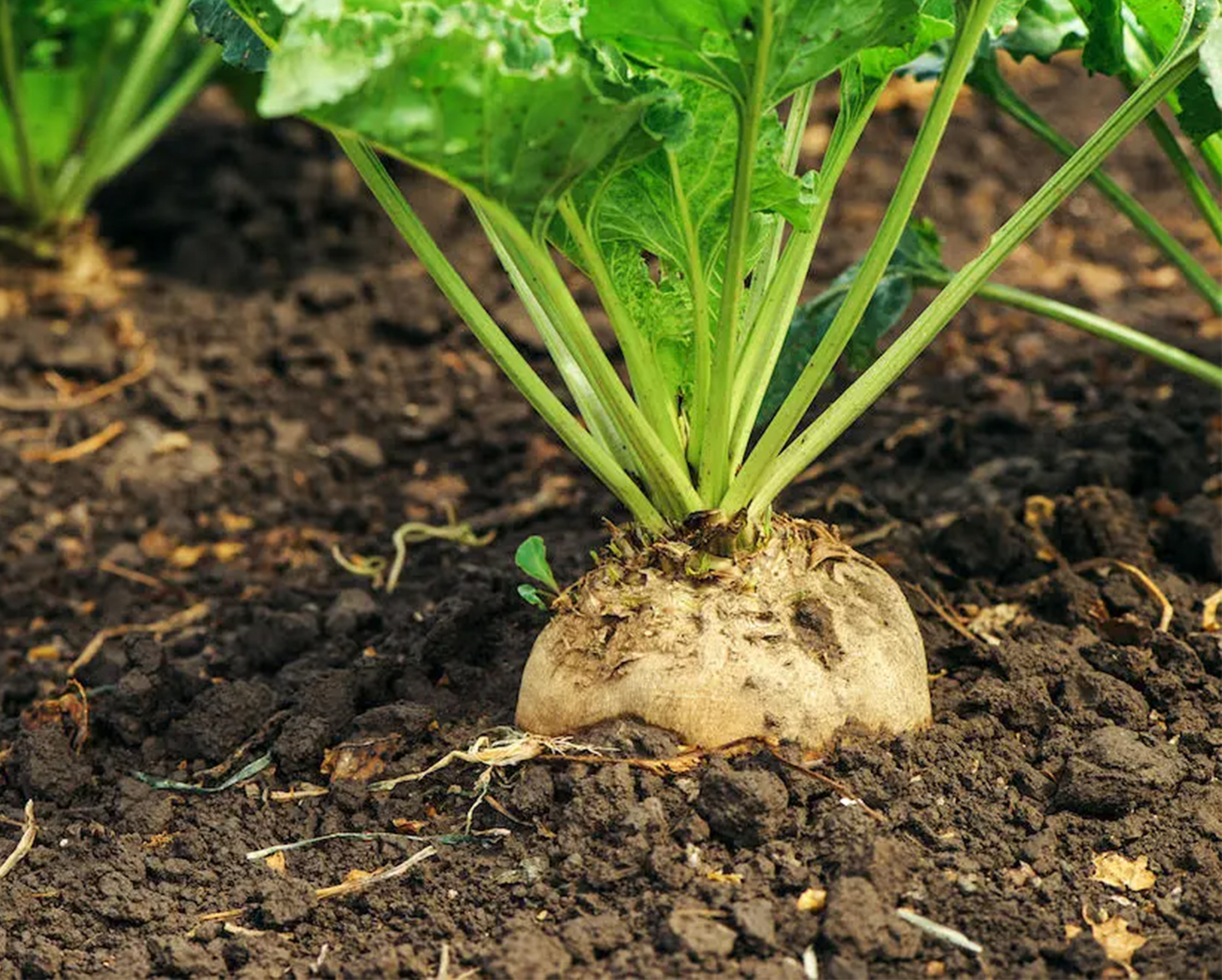
-
Sweet Sorghum: The Dual-Purpose Crop - Beyond its use as a grain and forage crop, sweet sorghum stands out for its remarkable sugar content. With high sugar concentrations in its stalks, sweet sorghum offers a dual-purpose solution. The extracted juice from the stalks can be processed into sugar syrup or molasses, serving as a natural sweetener or even fuel for bioenergy production.
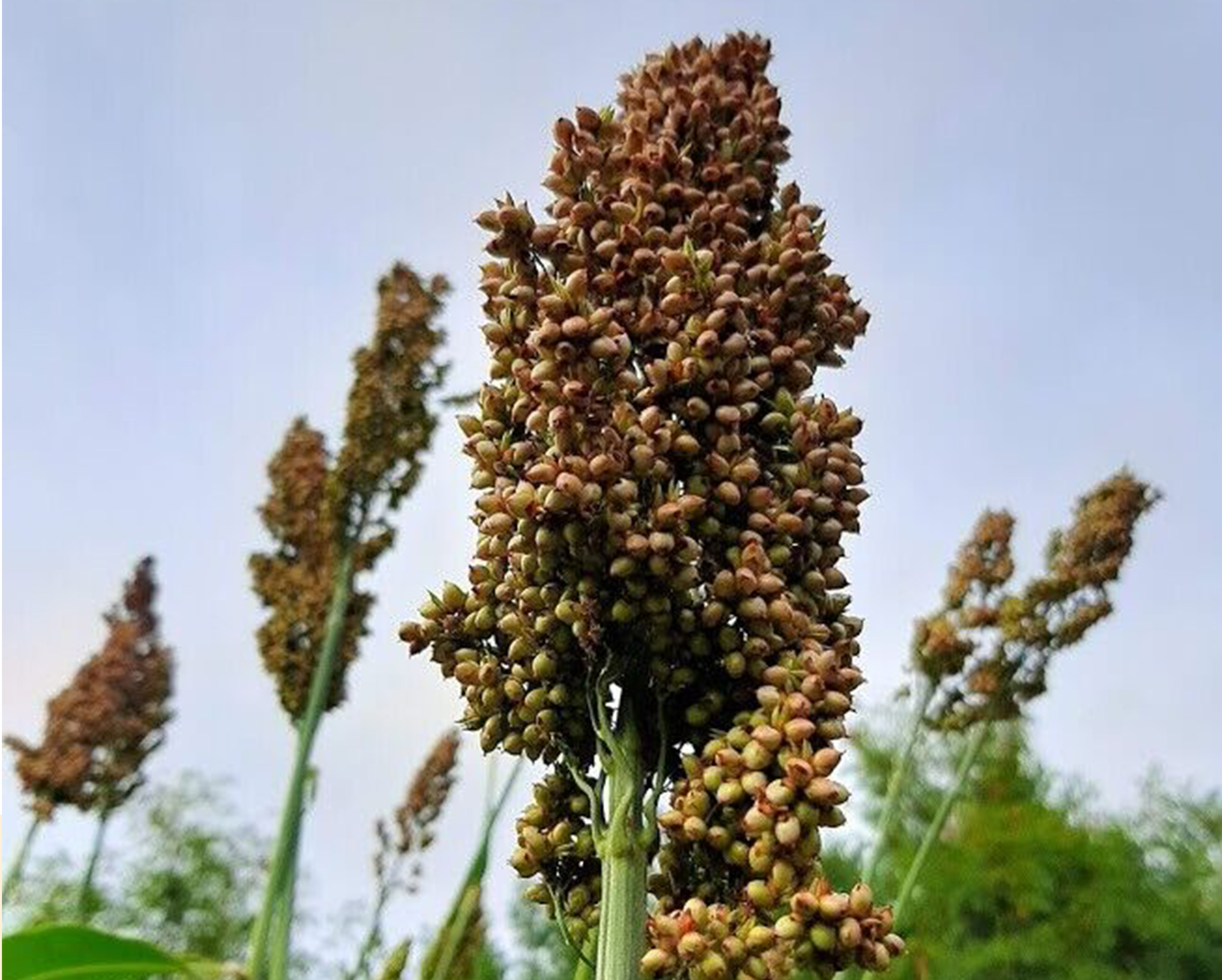
-
Maple Trees: Nature's Sweet Elixir The enchanting world of maple trees holds a delicious secret: maple syrup. Known for its captivating flavor and amber hues, maple syrup is derived from tapping the sap of maple trees. Through a process of evaporation, the sap transforms into the luscious syrup that graces pancakes, waffles, and various culinary delights. Maple syrup serves as a natural, distinctive sweetener and is cherished for its connection to nature.
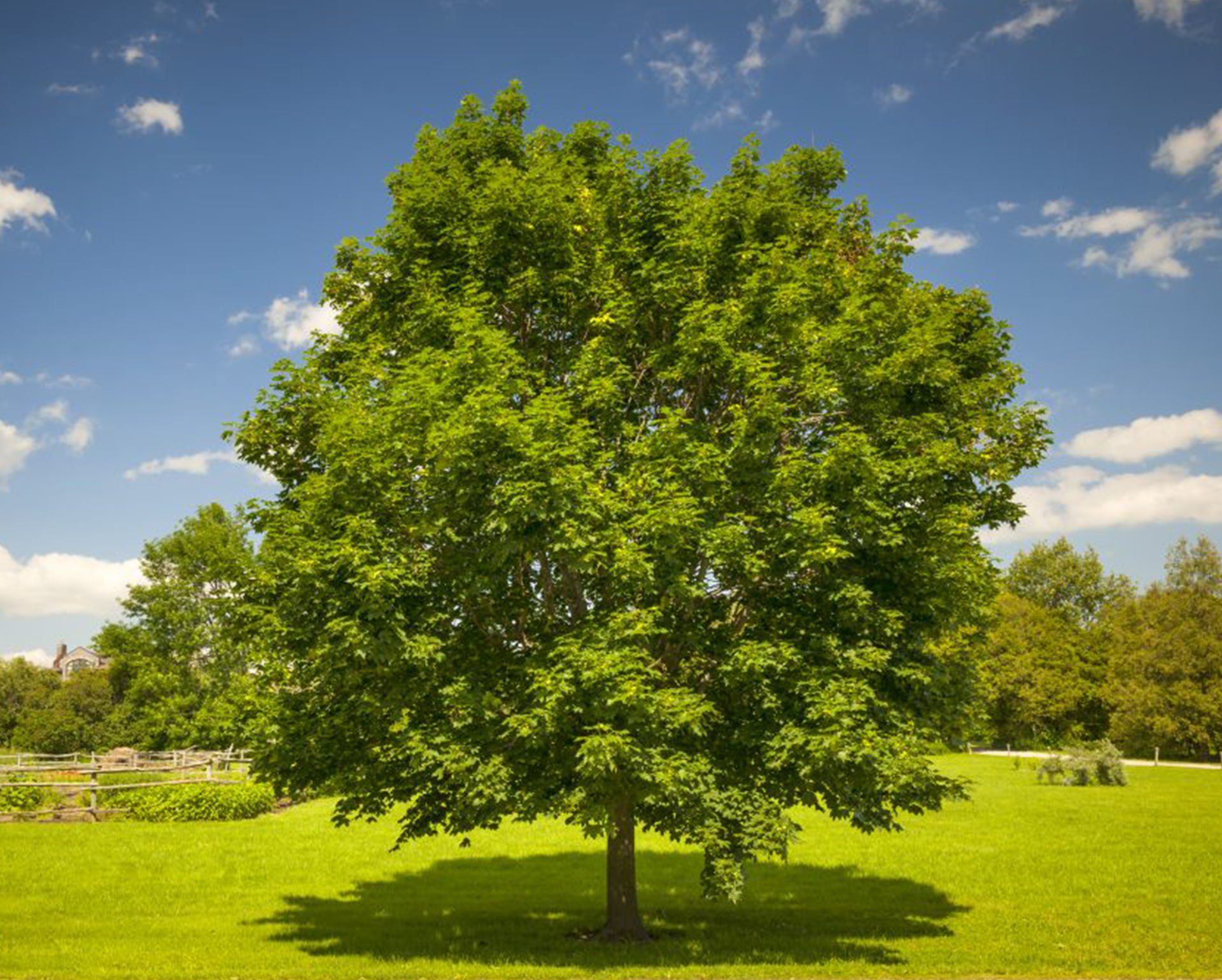
-
Agave: Sweetness from the Desert - Agave, a succulent plant with its origins in arid regions, provides a unique sugar alternative. Extracted from the agave plant's sap, agave syrup boasts a delightful taste profile with a lower glycemic index compared to traditional sugars. This natural sweetener offers a healthier option and is commonly used in culinary creations and beverages.
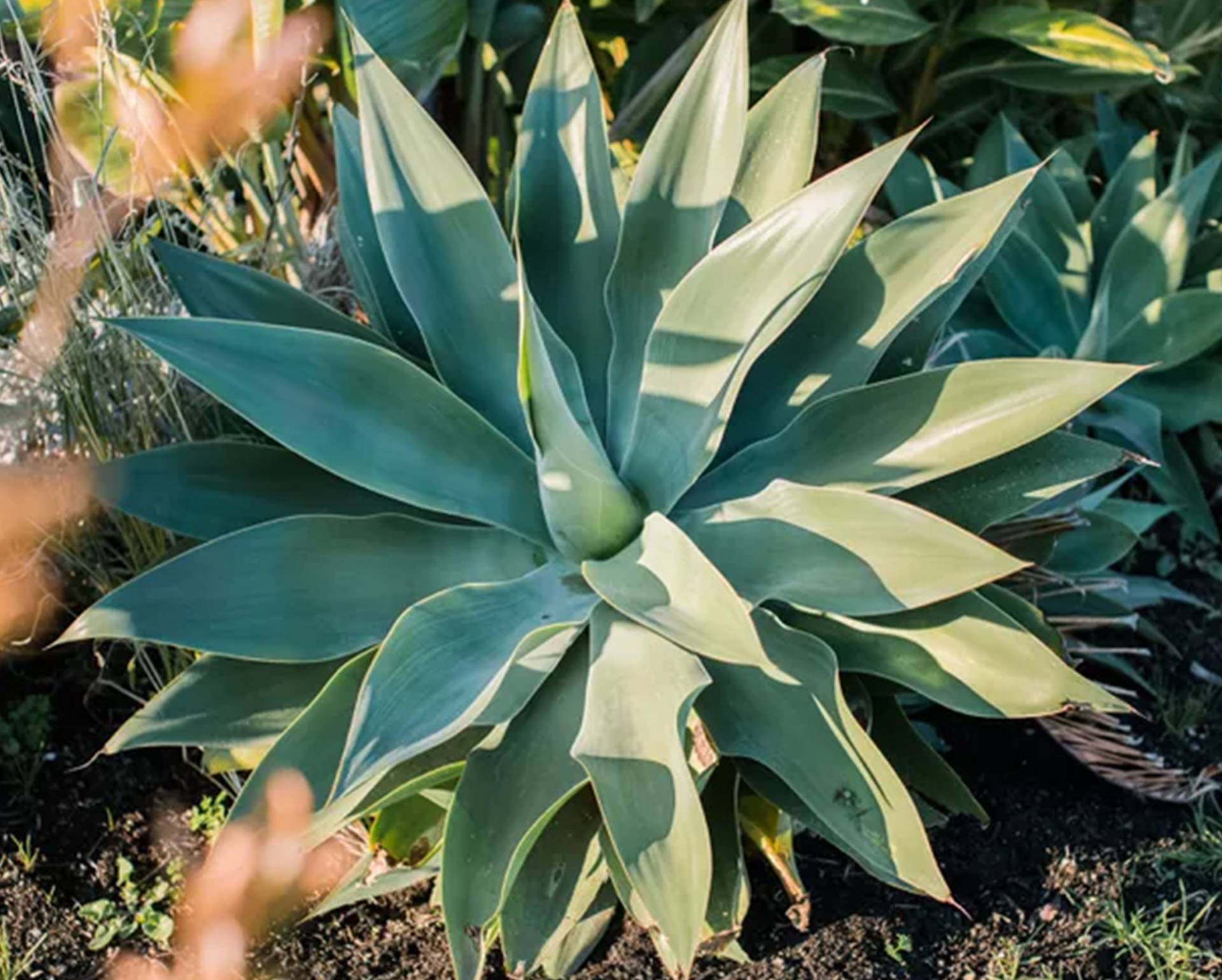
-
Coconut Palm: A Tropical Sweet Treat - While renowned for its versatile fruit and oil, the coconut palm tree also contributes to the realm of high-value sugar crops. By collecting and processing the sap from coconut palms, we obtain coconut sugar. This natural sweetener features a distinct caramel-like flavor and serves as an alternative to refined sugar, providing a tropical twist to culinary endeavors.
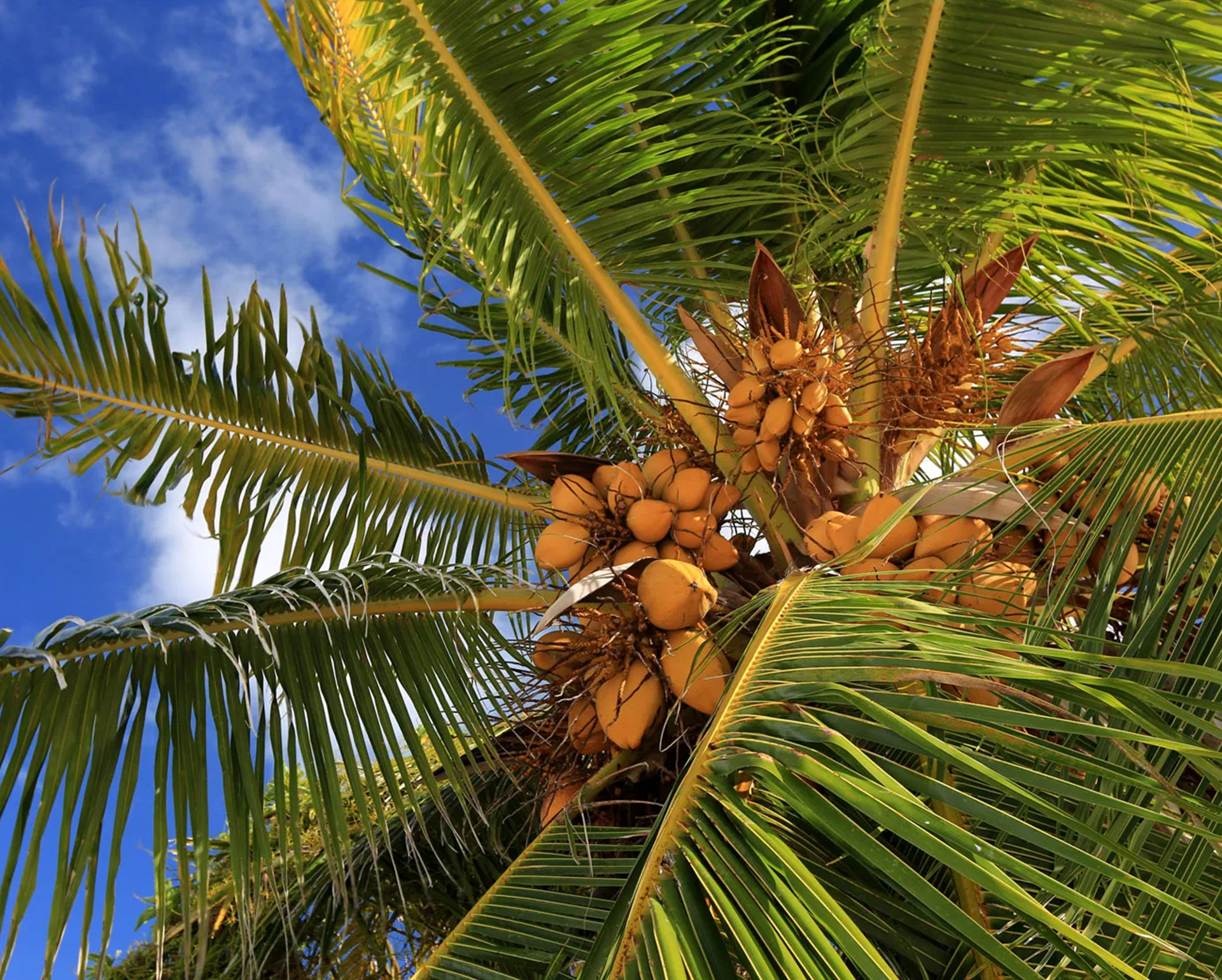
Diversifying the sugar landscape, these high-value sugar crops showcase the range of alternatives available beyond the traditional sugarcane industry. Sugar beet, sweet sorghum, maple trees, agave, and coconut palm each offer unique flavors, production methods, and sustainable qualities. Embracing these alternatives allows us to explore a world of sweetness, catering to various tastes, dietary preferences, and environmental considerations. With these alternatives in mind, we can appreciate the richness and diversity of nature's sweet bount

